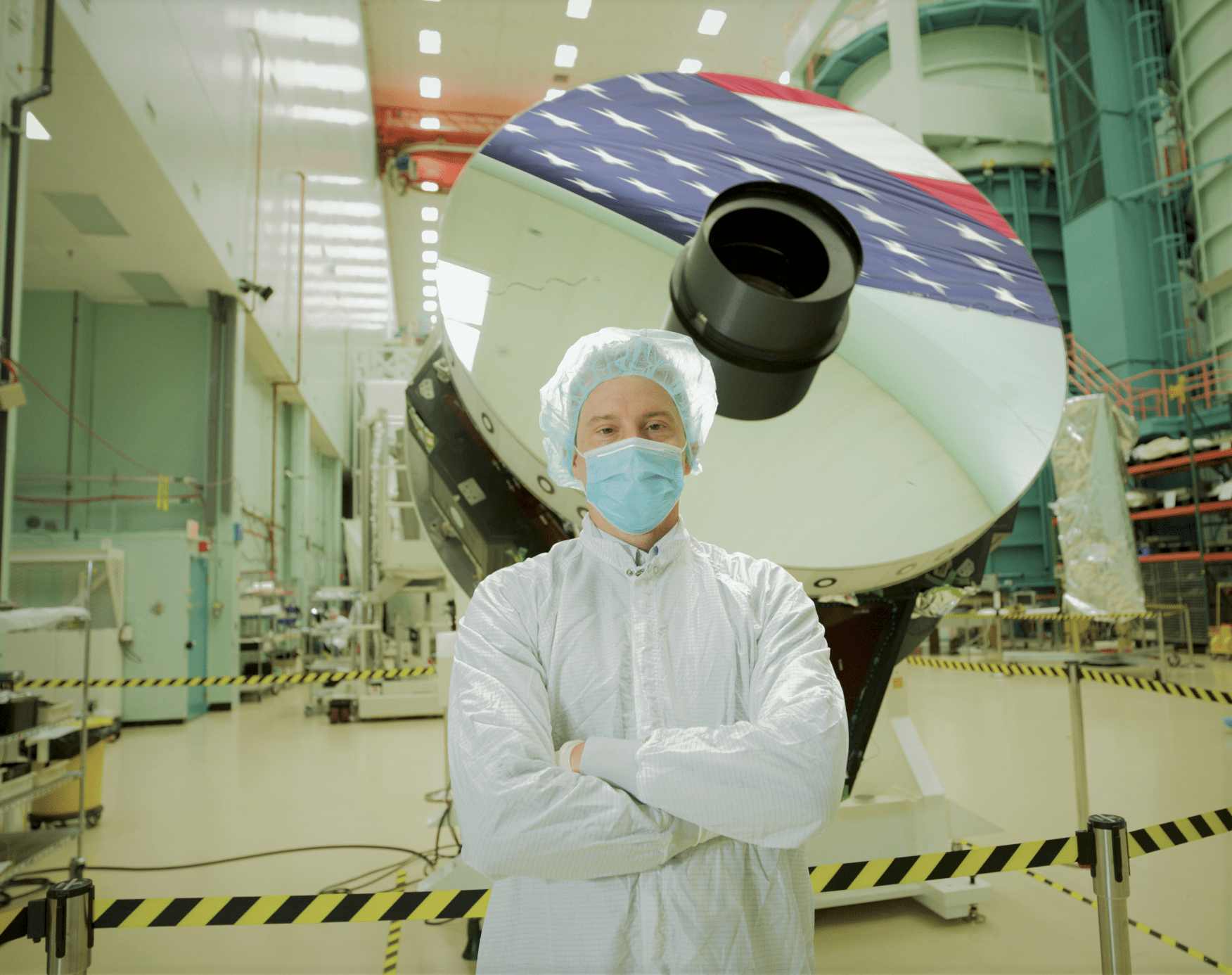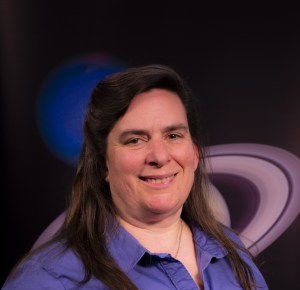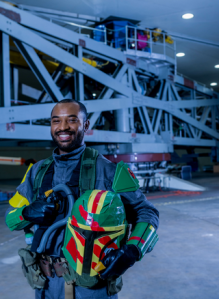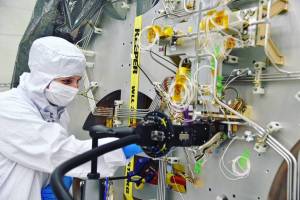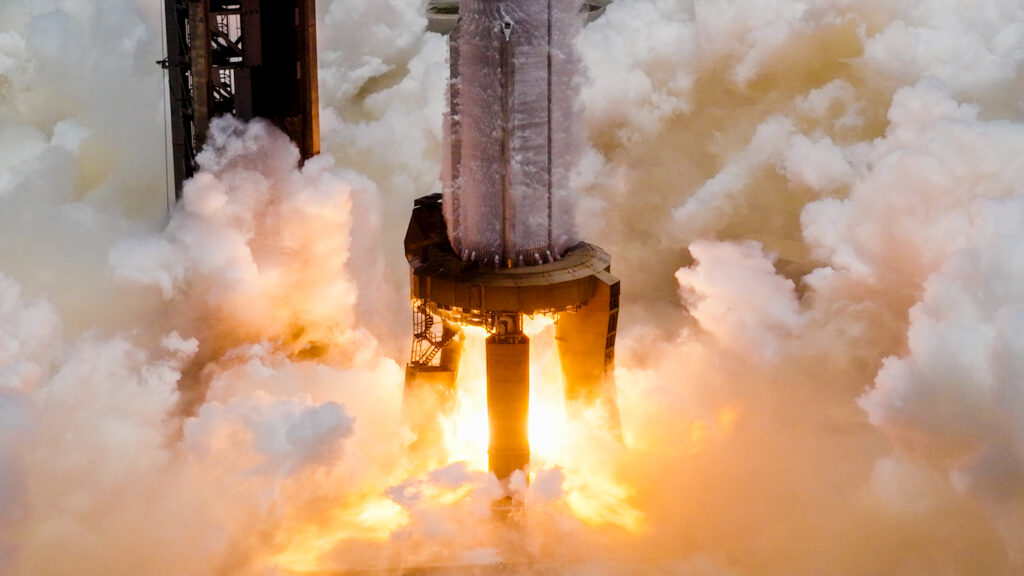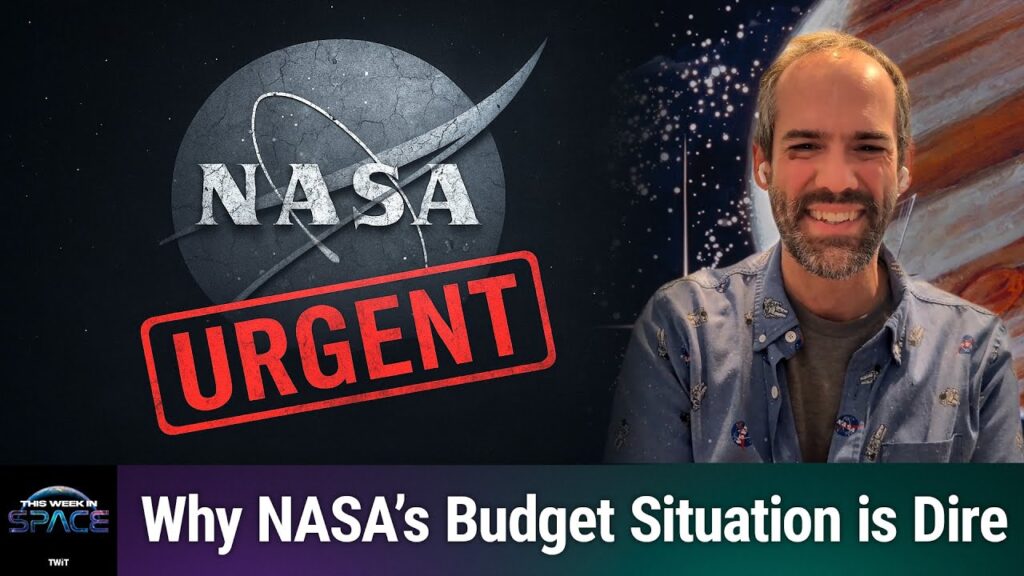5 min read
Joshua Abel: Delivering Roman’s Optical Telescope Assembly On Time, On Target
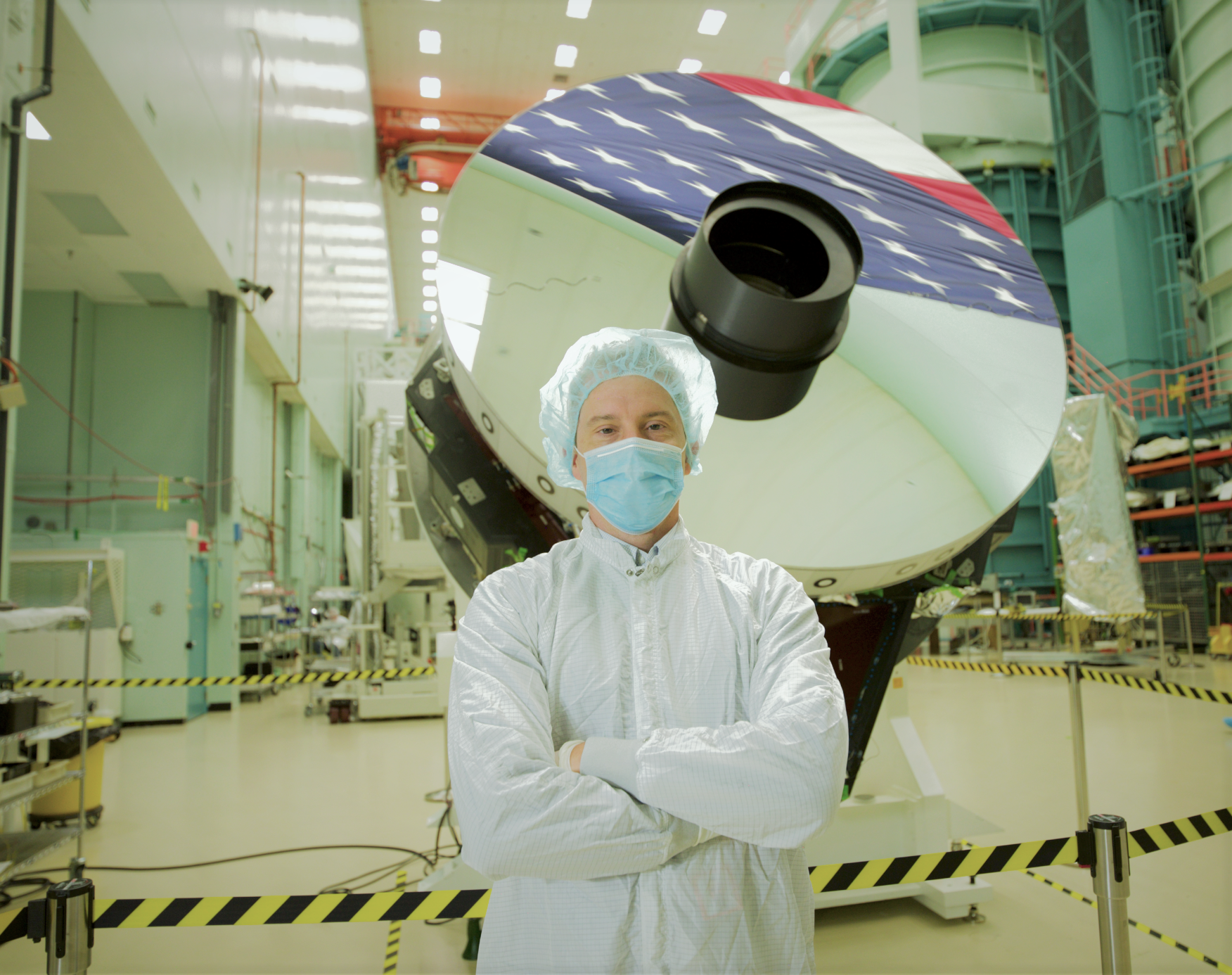
Name: Joshua Abel
Title: Lead systems engineer for the Roman Space Optical Telescope Assembly
Formal Job Classification: Flight Systems Design Engineer
Organization: Instrument/Payload Systems Engineering Branch (Code 592), Mission Engineering and Systems Analysis Division, Engineering and Technology Directorate
Editor’s note: The Nancy Grace Roman Space Telescope’s Optical Telescope Assembly (OTA) includes the telescope’s primary and secondary mirrors, as well as supporting optics. The OTA enables the telescope to collect light that is then delivered to the observatory instruments.
What do you do and what is most interesting about your role here at Goddard? How do you help support Goddard’s mission?
As the lead systems engineer for the Roman Space Telescope Optical Telescope Assembly, I am the government technical authority for procurement of the assembly, currently being manufactured by L3Harris Corporation in Rochester, New York. I am responsible for technical oversight of the vendor and verifying requirements.
What was your path to becoming an aerospace engineer at Goddard?
In 1999, I received a B.S. in interdisciplinary engineering focused on biomedical engineering from Purdue University. I began a master’s in biomedical engineering in bioheat transfer from Purdue University, but left in 2001 to work at Space Systems/Loral as a thermal systems engineer for satellites.
In 2005, I came to Goddard to work on Hubble Servicing Mission 4 and other NASA satellite servicing projects as a thermal systems engineer. In 2018, I began supporting the New Opportunities Office as a systems engineer, later joining the Instrument/Payload Systems Engineering Branch in my current role.
What are your goals as the lead systems engineer for the Roman Space Telescope Optical Telescope Assembly?
My goal is to deliver the assembly to the Roman observatory on time, within budget, and meeting all the technical requirements. I lead a small team of subject matter experts to review the vendor’s plans and help resolve any technical issues.
What is your management style?
I have a broad engineering background which helps me ask the right questions. I like to build consensus within the team and consolidate everyone’s work into a cohesive and understandable package, communicating complex issues both within the team and to management.
What makes Goddard special?
Everyone here loves their work and is focused on mission success. Even when conversations are difficult and the stakes are high, the emotion comes from caring so deeply. As a systems engineer, my goal is to listen to all ideas and help find the best direction for the project.

What drives you?
I try to do what is needed and contribute to the best of my ability. I am energized when someone says they need help, be it fixing things that are broken or putting new things together. I’m always excited to continue to learn from the our expert team members and vendors.
I prefer working in a team. I like the dynamic environment of systems engineering, which is full of difficult problems that need a larger group to get enough perspectives to solve.
My background and skill mix are a little bit of everything. I enjoy English, communication, math, and science. These interests help me see different sides of a problem.
I like to take things that are slow and repetitive and make them faster and more interesting for myself and others. For example, I like to write Microsoft Excel programs to analyze thermal model data and other large databases to improve productivity.
What advice would you give young engineers?
Take whatever project you are working on and exceed expectations. Don’t be afraid to ask questions. Early tasks for young engineers are not always the most exciting, but work to the best of your ability and try to learn as much as you can. Understand the job and try to see if it can be accomplished better or faster. If you approach every task with this attitude, the next opportunity will always come.
Build your network of experts and use their lessons learned to help your project, always returning that help when you can. Oftentimes the most important piece of knowledge you’ll be able to provide your team is simply knowing who to call to for advice. All of NASA’s engineers are always willing to help.
What are your hobbies?
I play and coach soccer and I also play guitar with my three children around our fire pit. Like every engineer, I’m continually working on home improvement projects for my favorite manager, my wife, who is a thermal systems engineer at the Johns Hopkins Applied Physics Laboratory in Laurel, Maryland.

Conversations With Goddard is a collection of Q&A profiles highlighting the breadth and depth of NASA’s Goddard Space Flight Center’s talented and diverse workforce. The Conversations have been published twice a month on average since May 2011. Read past editions on Goddard’s “Our People” webpage.
By Elizabeth M. Jarrell
NASA’s Goddard Space Flight Center, Greenbelt, Md.
